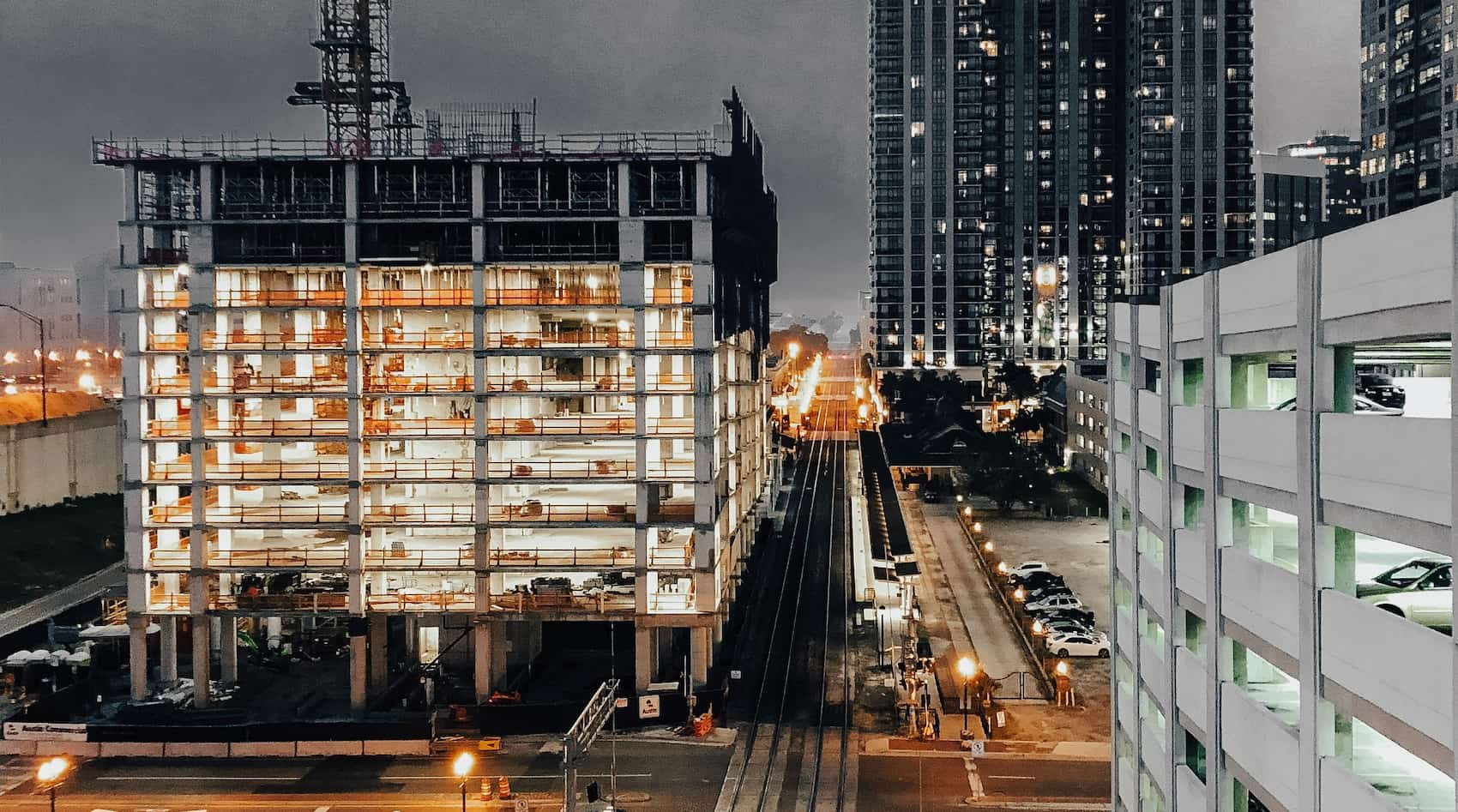Case Note – Oxford (NSW) Pty Ltd v KR Properties Global Pty Ltd (t/a as AK Properties Group ABN 62 971 068 965) [2023] NSWSC 343
The Supreme Court of New South Wales’ decision is critical for all players in the construction industry. The Court has confirmed the importance of proper construction contract drafting and interpretation, which could be the difference between builders being entitled to payments for building work, and losing this entitlement. The Court also demonstrates and reinforces that proving costs to rectify defective works is an essential element of a claim under s.37 of the Design and Building Practitioners Act 2020 (NSW) (DBP Act).
Facts
KR Properties Global Pty Ltd and AS Coaching Pty Ltd atf Calm Properties Unit Trust (together, the Owners) entered into a contract (Contract) with the builder, Oxford (NSW) Pty Ltd, for the construction of a six-unit apartment building (Building).
Elankeeren Eswaran and Ashay Sharma (Guarantors), guaranteed the fulfilment of the Owners’ obligations under the Contract by way of a Deed of Guarantee and Indemnity with the Builder.
The Builder brought proceedings against the Owners and Guarantors to recover the amounts claimed in nine invoices.
The Owners filed a cross-claim seeking:
- contractual damages from the Builder for costs incurred to complete and rectify defective works;
- Hungerfords interest (i.e. interest paid because of the Builder’s delay to complete the works); and
- damages under s. 37 of the DBP Act against the sole director and shareholder of the Builder, Pierre “Peter” Kazzi (Mr Kazzi).
Was the Builder entitled to payment of the invoices?
Stevenson J held that the Owners were not required to pay the nine invoices because:
- the Builder left a substantial portion of the work incomplete and defective; and
- upon proper construction of the Contract, payment for works for a particular stage were only due once the preceding stages had been completed.
Therefore, the Owners’ failure to pay the invoices was not a breach that entitled the Builder to suspend works. Rather, the Builder wrongfully suspended the works, which entitled the Owners to terminate the Contract.
Were the Owners entitled to contractual damages for defective and incomplete works?
The Owners’ methodology to prove costs of completing and rectifying the works was to engage the architect, Patrick Mahedy (Mr Mahedy), to prepare a schedule setting out all the invoices received and paid by the Owners for completion and rectification of the works, and allocating such invoices as “incomplete works” or “rectification works”.
Although Mr Mahedy did not provide an explanation behind his allocation of the invoices, Stevenson J found that the Owners were entitled to contractual damages because the Builder is responsible for both defective and incomplete works under the Contract. However, this had significant implications for the Owners’ claim under s.37 of the DBP Act, which we discuss below.
Were the Owners entitled to damages from Mr Kazzi under s.37 DBP Act?
Stevenson J held that Mr Kazzi was, for the purposes of the DBP Act, a “person” who “supervised, and had substantive control over the building work at the site in that he was ableto control how the work was carried out”.
However, under s.37 of the DBP Act, Mr Kazzi could only be liable for defective works (as distinct from incomplete works).
Because Mr Mahedy did not precisely explain the process of allocating costs as either incomplete or rectification (defective) works, the Owners’ claim against Mr Kazzi under s.37 of the DBP Act was not established.
Stevenson J held: “assuming that the Owners’ case against Mr Kazzi for breach of duty of care under s.37 of the DBP Act was otherwise established in relation to all the defects complained of, the Owners were required to prove what costs they had incurred to rectify that defective work; as opposed to the costs of completing the work … for that reason alone … the Owners’ claim against Mr Kazzi fails”.
Were the Owners entitled to Hungerfords interest?
The Builder argued that clause 30 of the Contract, which limited liquidated damages to $200 per day, excluded common law remedies. Stevenson J held that the Owners were entitled to Hungerfords interest as the Contract did not contain “clear unequivocal words” required to remove the right to common law remedies.
More information
For further information on your statutory duty of care obligations contact the team at Construction Legal.
































